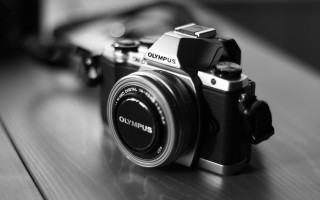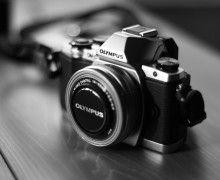Getting Started With Equipment: What To Do With Your Camera
The first rule of any kind of professional photography is – no SLR, no real fun. The truth is, in the absence of a real camera, point and shoot cameras will get you just that far. Camera control is simply inexistent with point-and-shoots and even if you want to try it out to learn more you will find that you cannot use it even to that end.
The more technical issues such as exposure and focus are simply not in your control and that will make it a lot harder for you to set the appropriate scene or create the right lighting for your photograph. Not to mention that it will dramatically limit your creative abilities.
Whereas some will say that every problem gives way to the user to become 10 times more creative, in this case it’s safe to say that going the really rough way will not get you anywhere. Compact cameras might be a good starting point, but only for a couple of months.
A SLR camera, whether it is on film or digital, comes with a series of professional options that range beyond just focus and exposure. Because of its cost, it might feel a bit prohibitive in the beginning, but the investment is certainly one that you will take advantage for years to come.
The beauty of an SLR lies not only in its numerous options but also in its ability to work with a large number of lenses. Different lenses for different effects – fixed-focal lenses are amazing in portrait photography, but zoom lenses can also be used for a variety of purposes (we will discuss this part more in the next chapter).
It is essential to always keep in mind what kind of equipment you’d like to have in your bag, based on your needs. Certain lenses are better for certain shots, some lenses cost more, some less. If you plan on learning more in the next year or so, it would be wise to keep your finances in check and go for the bare necessities.
Once you feel the need for a decent upgrade, it means you have learned enough to actually understand why you would need another lens. And remember that there are always work-arounds you could do with whatever you have at that moment. It will make things a little harder, but at this point, you might just become even more creative and learn a little more.


